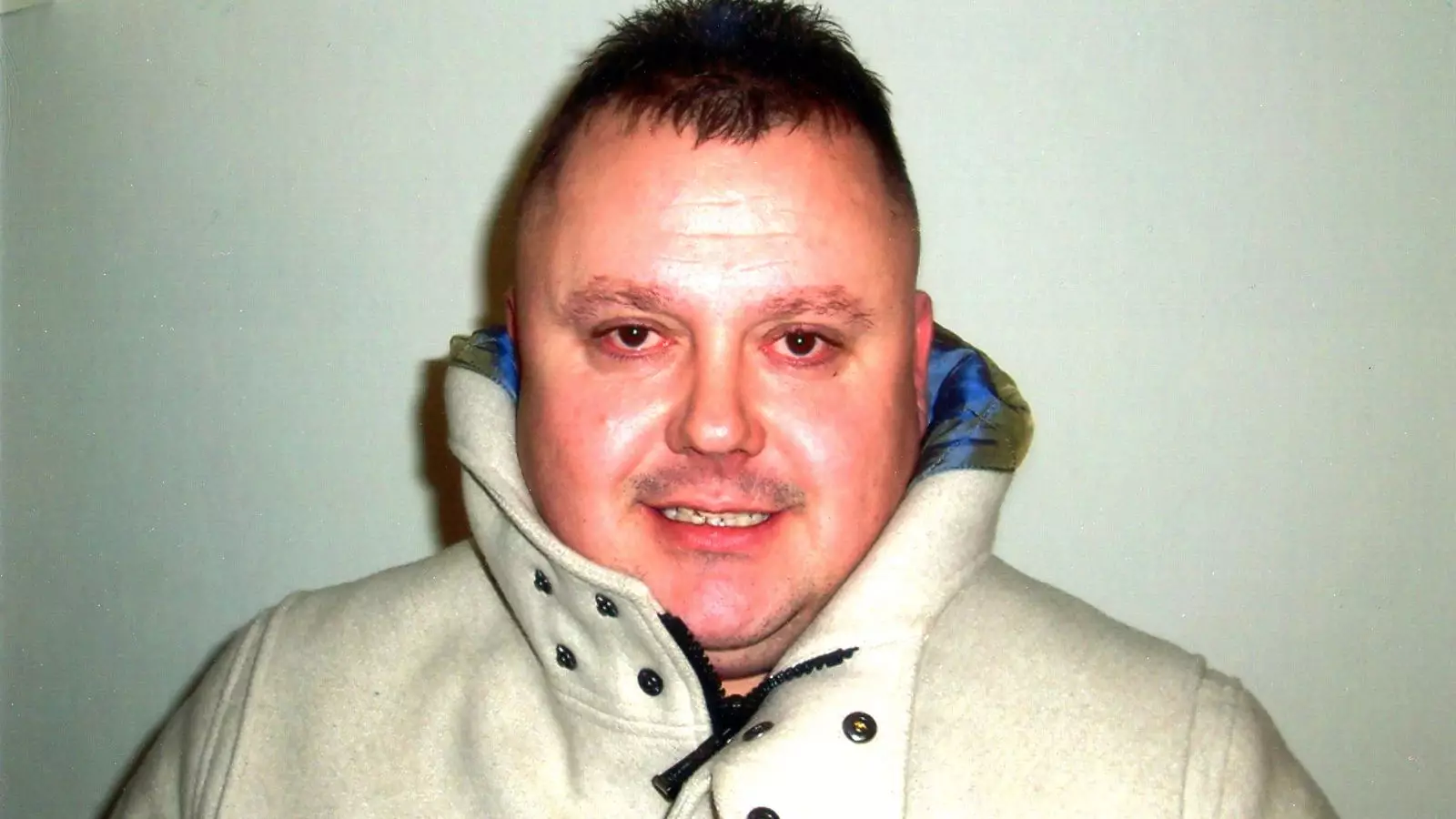Levi Bellfield, known for his heinous crimes including the abduction and murder of 13-year-old Milly Dowler, was set to get married in prison. This raised significant opposition as he was engaged to a female visitor two years ago and was seemingly going to tie the knot behind bars.
Bellfield was successful in challenging efforts to stop the wedding, receiving a substantial amount of legal aid, reported to be up to £30,000, to fight the case on human rights grounds. However, the Ministry of Justice was determined to change the law to prevent the marriage of serious offenders like Bellfield.
The introduction of a new law preventing serious offenders serving whole-life orders from getting married in prison came into force recently. This was a part of the Victims and Prisoners Act, affecting more than 70 individuals, including notorious criminals like Rose West, Wayne Couzens, and Lucy Letby.
Justice Secretary Shabana Mahmood emphasized that victims should not have to witness individuals who committed heinous crimes enjoy moments in life that were stolen from their loved ones. The government’s intention behind enforcing the new law was to provide support and solace to the victims of these crimes.
While the new law prohibits marriage for serious offenders behind bars, the justice secretary will still have the authority to permit ceremonies in extremely exceptional circumstances. This provision ensures that there is room for flexibility in specific cases deemed truly exceptional.
The controversy surrounding Levi Bellfield’s blocked civil partnership sheds light on the complexities of balancing human rights with the sentiments and well-being of victims and their families. The introduction of the new law marks a significant step towards acknowledging and addressing the emotional needs of those affected by serious crimes, ensuring that their suffering is not compounded by witnessing offenders achieve milestones like marriage behind bars.

Leave a Reply